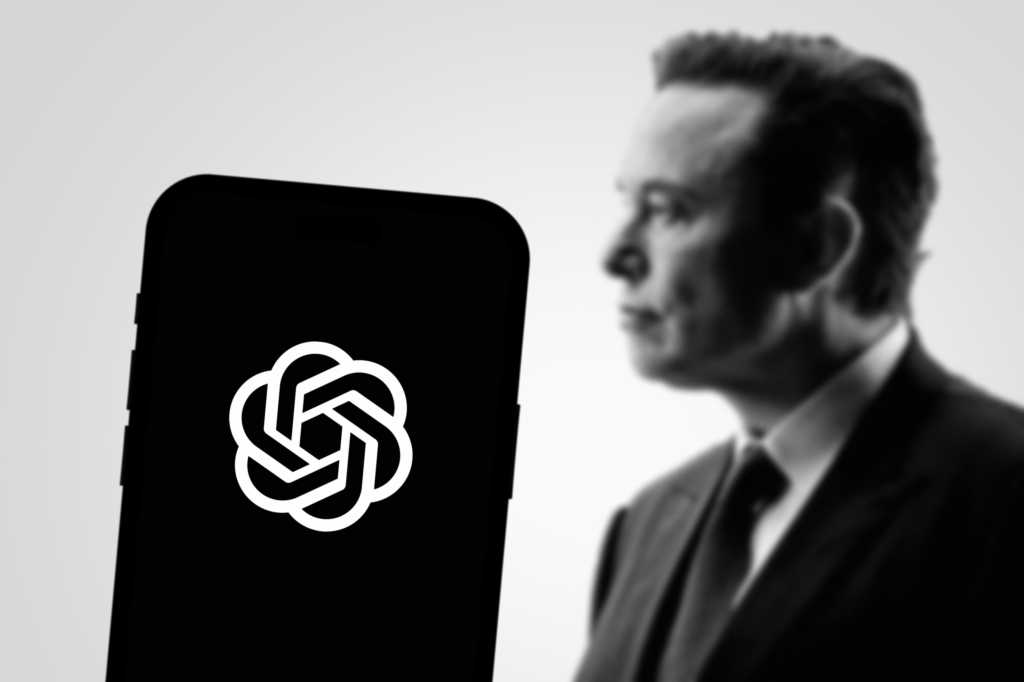OpenAI fears irreparable harm from Musk, files countersuit

OpenAI has filed a countersuit against Elon Musk, accusing the billionaire of a sustained campaign to damage the company and urging a US federal court to block further actions it described as unlawful and disruptive.
The legal filing, submitted in a California district court on Wednesday, marks the latest escalation in a dispute between Musk and the AI startup he helped establish in 2015. Musk departed the organization before it gained widespread prominence, later founding a rival firm, xAI, in 2023.
The disagreement centers on OpenAI’s shift from a nonprofit to a for-profit model – a transition Musk opposes.
The company has argued the move is necessary to secure up to $40 billion in funding, a process it aims to finalize by year-end. The case is set to go to trial in spring 2026.
“The risk of future, irreparable harm from Musk’s unlawful conduct is acute, and the risk that that conduct continues is high,” OpenAI wrote in the filing. “With every month that has passed, Musk has intensified and expanded the fronts of his campaign against OpenAI and has proven himself willing to take ever more dramatic steps to seek a competitive advantage for xAI and to harm Altman, whom, in the words of the President of the United States, Musk ‘hates’.”
Concerns for customers
This escalating clash is not just a boardroom battle – it may have ripple effects for enterprise customers weighing long-term bets on generative AI.
“The legal dispute between OpenAI and Elon Musk introduces reputational uncertainties that could make risk-averse CIOs cautious about deeper enterprise adoption,” said Jonty Padia, practice director at Everest Group.
The lawsuit has also renewed focus on how AI firms manage growth, funding, and ethical oversight – an area increasingly under the spotlight as the industry matures.
“More broadly, it spotlights the governance gaps that can emerge as AI startups transition from nonprofit roots to commercial scale,” Padia said. “Musk’s criticism may also accelerate regulatory scrutiny, particularly around OpenAI’s partnership dynamics with Microsoft.”
The outcome of the legal fight could shape not only OpenAI’s fundraising prospects but also enterprise trust in the firm’s long-term stability.
Musk’s recent takeover bid
In February, a consortium led by Elon Musk said it had made a $97.4 billion offer to acquire the nonprofit entity overseeing OpenAI, intensifying the billionaire’s efforts to derail the company’s shift toward a for-profit model.
The bid further strained relations between Musk and OpenAI CEO Sam Altman, as the two co-founders remain locked in a public battle over the direction of one of the most influential firms in generative AI. In a sharp rebuttal posted on X, Altman said: “No thank you but we will buy Twitter for $9.74 billion if you want.”
The offer, widely seen as symbolic, underscored Musk’s broader criticism of OpenAI’s governance and its commercial ties, particularly with Microsoft.
“Although OpenAI recognized the bid as a feint, its mere existence — and the media firestorm surrounding it — required OpenAI to expend significant resources in responding to it,” the ChatGPT maker said in the filing. “Following news of Musk’s move, OpenAI’s board engaged in the formal process of reviewing and assessing the ‘bid.’” OpenAI added that Musk’s proposal was a calculated ploy aimed at disruption, warning it could weaken the company’s governance, strain investor and employee relationships, and derail its mission to develop artificial general intelligence (AGI) for the benefit of humanity.






